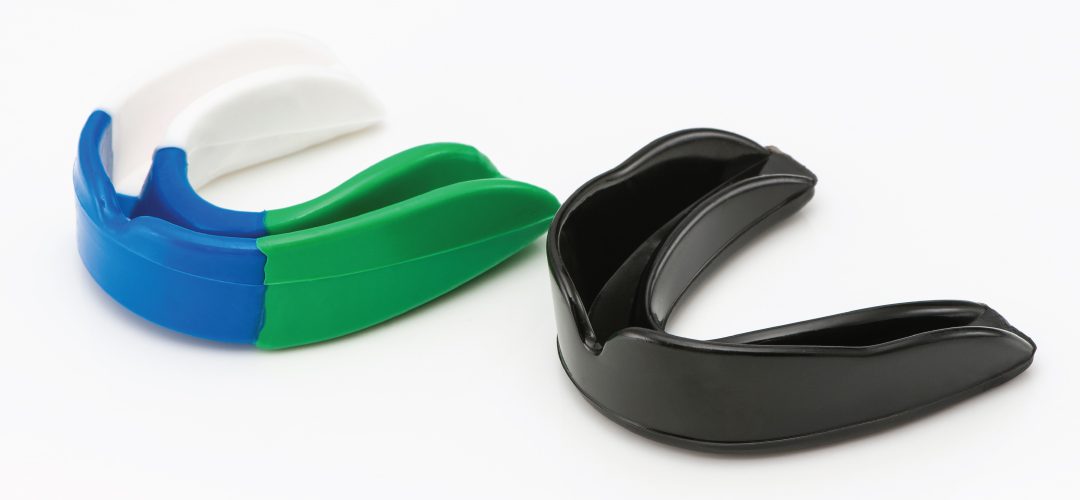School has started and after-school activities including sports have picked back up again which means that there is an increased risk for losing teeth due to mouth injuries. When a child loses his two front teeth, it’s cute and we write songs about it. When an adult loses any of his or her teeth, it can be painful and embarrassing and have a major impact on quality of life.
Missing Teeth
Missing teeth can affect you in many ways. It can change eating from something enjoyable to a task, especially for crunchy foods like fruits and vegetables. Speaking may become more difficult, since many consonant sounds are made by your tongue touching your teeth—a simple action that becomes impossible if your teeth aren’t there. If the lost teeth are prominent, smiling and conversing with friends and loved ones can become awkward or uncomfortable. And replacing missing teeth with false ones can be costly, painful, and can take a lot of time. If implants are needed to replace teeth, we offer affordable options. To learn more about implants click here.
Protecting Your Mouth
Wearing a mouthguard can prevent injuries to your teeth, mouth, and jaw, such as having teeth chipped or knocked out. You may think that only football players or boxers need to use mouthguards, but the American Dental Association and the International Academy for Sports Dentistry recommend that you wear a mouthguard during any activity with the potential for head-to-head contact, violent falls, or any other blows to the mouth, whether on purpose or accidental. This includes:
- Acrobatics
- Basketball
- Bicycling
- Boxing
- Equestrianism
- Extreme sports
- Field hockey
- Football
- Gymnastics
- Handball
- Ice hockey
- Inline skating
- Lacrosse
- Martial arts
- Racquetball
- Rugby
- Shot-putting
- Skateboarding
- Skiing
- Skydiving
- Soccer
- Softball
- Squash
- Surfing
- Volleyball
- Water polo
- Weightlifting
- Wrestling
Minimizing Damage
While wearing a mouthguard will not prevent facial trauma such as soft tissue damage or broken facial bones, it will protect your teeth and thus, your smile. The more custom-fitted your mouthguard is, the more protection it will offer. The three main types of mouthguards are: stock mouthguards, boil-and-bite mouthguards that form to your mouth, and custom-fit mouthguards made by a dentist. Stock mouthguards are the least expensive but provide the least amount of protection. For most casual athletes, a boil-and-bite mouthguard is the best choice. Those who participate in very intense or high-contact sports should consider getting a mouthguard made to fit their individual mouths. Talk to your dentist about molded designs that will better protect teeth, preventing painful and debilitating injuries.
Being active is important. Being safe while being active is just as important. Use a mouthguard to protect your teeth while you play, especially if you play hard.



